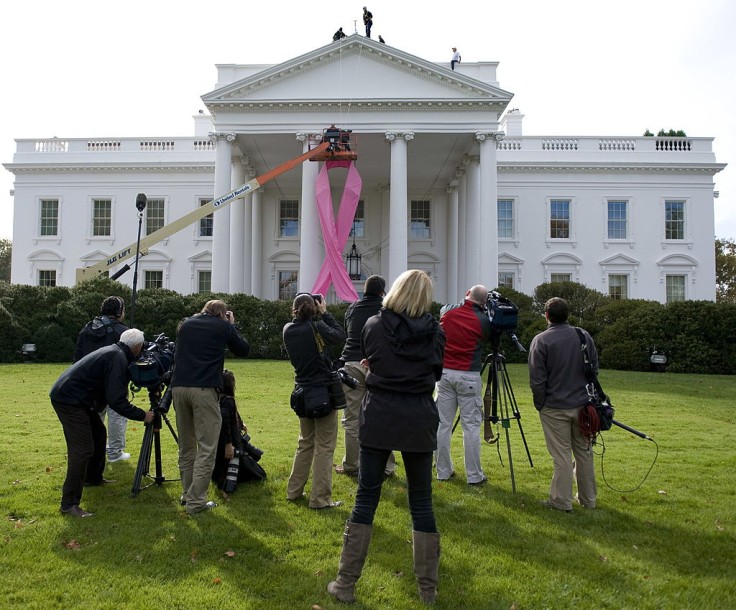
The risk of developing breast cancer in young or breastfeeding moms could be low, but protection is not guaranteed, as it happened to a 36-year-old mom, Julie McAllister, and 26-year-old active woman, Kelsey Summers.
Speaking with Today, McAllister recounted that she learned of her breast cancer after feeling a lump while she was feeding her second baby. Initially thinking that this was a blocked milk duct, McAllister underwent some tests with her doctors and found that she was BRCA positive.
Doctors recommended that the 36-year-old mom undergo both mastectomy and hysterectomy to reduce her chances of recurring breast cancer or developing ovarian cancer. However, this meant that her life as a mother would be vastly different as she wouldn't be able to have more kids with her husband, Brendan. The couple still had plans to expand their young family.
"I was debilitatingly depressed," McAllister said at the thought of removing her breasts, ovaries, and uterus. "I didn't know how to process it."
Breastfeeding Isn't Protection
Some people believe that breastfeeding lowers breast cancer risks, but Dr. Elisa Port of the Dubin Breast Center at Mount Sinai said this is "a big mistake." According to the U.S. Centers for Disease Control and Prevention (CDC), at least nine percent of young women under 40 may still develop breast cancer if they have close female relatives diagnosed with the disease before they were 45.
Women with the BRCA1 or BRCA2 gene mutations are also at high risk, especially if they have dense breasts or are of Ashkenazi Jewish heritage. Regardless of age and race, however, the most important thing for women to watch out for are the changes in the women's skin, breasts, or nipple discharge.
As McAllister's body didn't respond to the first treatments, she decided to proceed with the mastectomy and had her ovaries removed. She also underwent radiation and chemotherapy to beat cancer.
But five years after her diagnosis, McAllister got pregnant with baby number three following egg retrieval and embryo creation procedures before her cancer treatments. She and her husband are due to welcome their new baby in February 2022.
Young Survivor Encourages Screening
Meanwhile, 26-year-old Kelsey Summers also felt a lump on her breast but didn't have any concerns, initially, as this came with her regular menstrual cycles. However, her friends and brother grew concerned because her mother had breast cancer at 28 years old.
A biopsy in October 2020 showed that Summers had stage 1 HER2-positive breast cancer and was recommended for surgery, chemotherapy, and intravenous infusions. Summers was scared, especially because the procedures would lower her immunity at a time when COVID-19 vaccines were still being developed.
After her last infusion treatment in December 2020, Summers continued her treatment with hormone blockers and mammograms. She reminded other young women like her that "cancer doesn't discriminate," so they have to listen to their body, get the screening, and trust in the medical process as they work closely with their doctors.